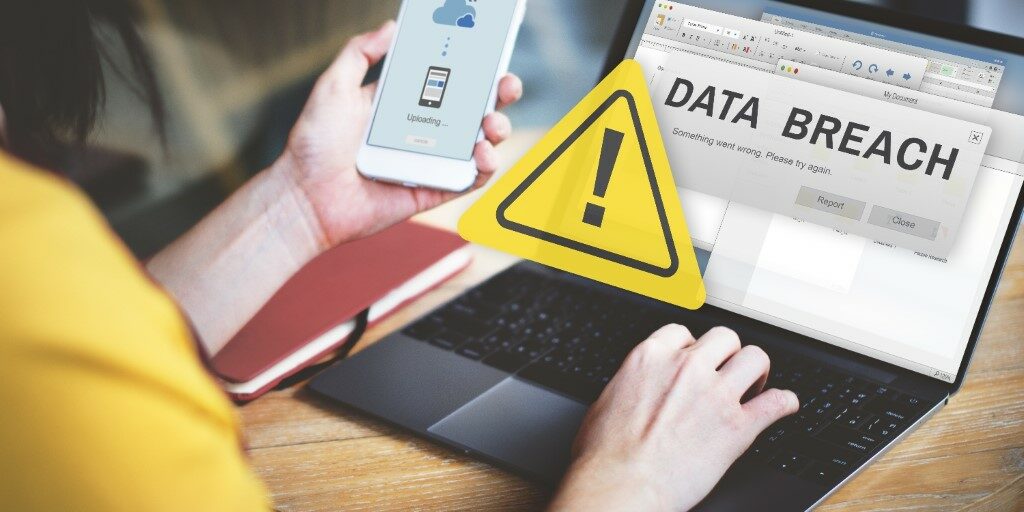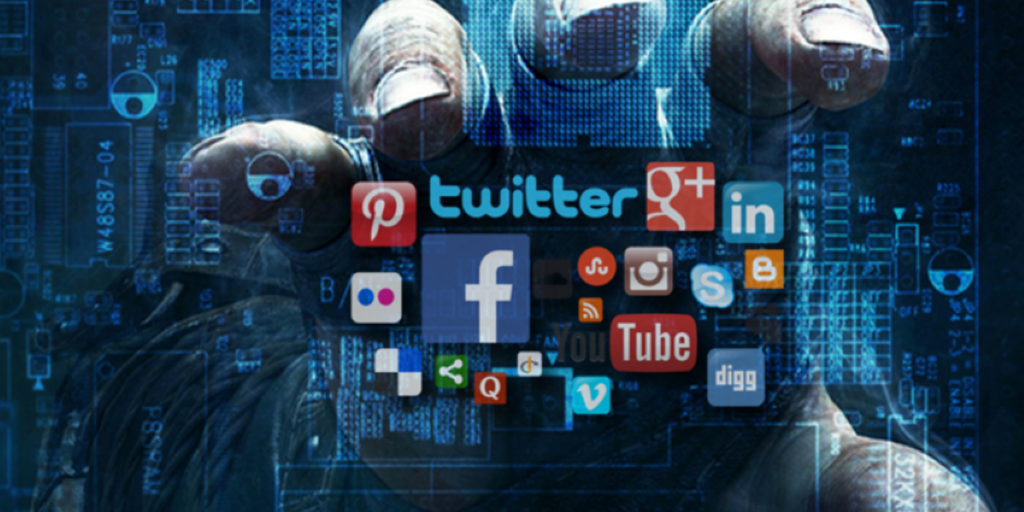Today, the Internet is an efficient tool used for business operations and personal transactions. Many companies have private Intranets for communication purposes and Internet connections to advance business agendas through research and external communication with suppliers and customers. That is why you need to have effective security measures to prevent data loss and other external attacks.
Moreover, many users might adopt bad Internet habits that might compromise their systems. Though these habits might easily pass as acceptable in the tech world, they open loopholes for frequent cyberattacks. For instance, not clearing your MacOS cache files is a bad habit that leaves vulnerable gateways for malware threats.
Here are other bad habits that users should avoid to prevent cybersecurity threats and enhance complete data security:
Reusing Passwords
One of the worst Internet user habits is reusing passwords in numerous websites offering various services. Many users think having one password for several web accounts is safe; however, cyber attackers are on the prowl waiting online to harvest login details from vulnerable sites. Thus, if you used your corporate password on another web service, the attackers can gain access and violate your company’s network.
Therefore, ensure you generate unique passwords for each web service registration to avoid the habit of reusing passwords.
Social Media Network
While social media is a positive technological tool that connects people and enhances business operations, the networks have serious downsides. The social media world is rampant as more users have accounts on numerous platforms. Most users share personal data on Facebook, Twitter, Instagram, LinkedIn, and other platforms. Thus, online attackers can harvest sensitive details about your personal and business life. Such circumstances often lead to phishing attacks and identity theft. The more data you leave on such networks, the higher the chances of undermining your data security to cybercriminals.
Thus, ensure you understand the risks of social networking while implementing practical solutions to prevent phishing attacks.
Weak Passwords
Another bad habit that many users struggle with is generating weak passwords. Today, most organizations try to govern password generation by ensuring employees incorporate letters, numbers, and symbols. Cyber attackers have ways to identify weak password patterns and use them to infiltrate private networks.
It is imperative to generate strong and unique passwords to protect your data from attacks. Moreover, business owners must invest in employee training on password policies and ways to practice safe password creation.
Late Patching
Patching can solve many software vulnerabilities, but many users fail to conduct the patching process on time, undermining data security. When software providers release a new patch, cybercriminals also take advantage and use the files to infiltrate unpatched machines. Thus, if you don’t patch your system software on time, you might fall victim to various cyber-attacks. If you have a hectic work schedule, an IT expert can install automatic patching software to secure and update all the network endpoints.
Unnecessary Access Privileges
Cybercriminals often look for vulnerable administration accounts to infiltrate a company’s system. It is pertinent for IT administrators to limit access privileges at the departmental levels. For instance, sales executives should not have access privileges to the accounts department. Critical network sections should remain classified to specifically authorized employees. Therefore, it is essential to remove redundant privileges from staff members who have no business in restricted networks.
Other cybersecurity habits can compromise sensitive business or personal data as well. Thus, we recommend practicing safe Internet use and avoiding habits that can result in various external threats, leading to data loss and system damages. Your data security is in your hands, and the quicker you adopt healthy online habits, the better your integrity, and online safety.










